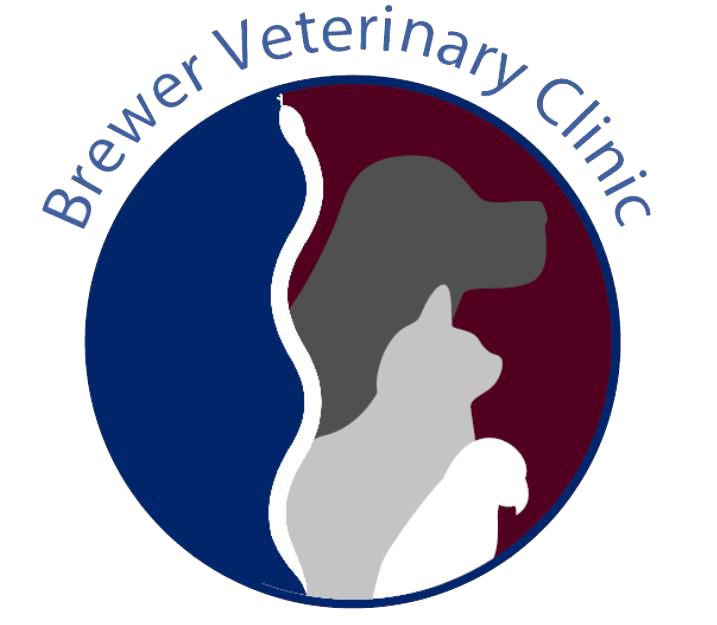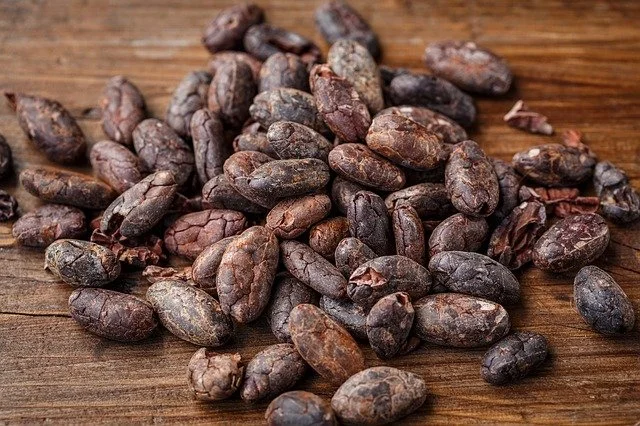We’re not too far removed from the holiday season and the chocolate ingestion calls seem to continue. We’re also getting close to two other major chocolate holidays - Valentine’s Day and Easter. We all know that chocolate isn’t good for dogs, but why is that? And what should you do if your dog steals your Snickers?
The darker the chocolate, the more theobromine and caffeine it contains.
Chocolate contains two ingredients that dogs have difficulty processing - caffeine and theobromine. Dogs are slower to metabolize these two ingredients than humans are, which makes them more prone to potential side effects and health concerns. The darker the chocolate, the more caffeine and theobromine it contains and the bigger the risk for badness. Baker’s chocolate, cocoa powder, and dark chocolates with high cocoa counts are the most dangerous, with milk chocolates and white chocolates being the least.
Symptoms of Chocolate Toxicity
Symptoms of chocolate toxicity will vary depending on the type of chocolate eaten and the size of the dog, but the most common symptoms include:
Vomiting
Diarrhea
Irritability
Abnormal/elevated heart beat
Hyperactivity
Restlessness
Tremors
Seizures
While caffeine and theobromine are the two ingredients we typically worry about with chocolate ingestion, there are other things to look out for if your dog decides to indulge themselves. Chocolate treats containing certain nuts such as macadamia, espresso/coffee beans, and the natural sweetener xylitol pose bigger threats than the chocolate alone. Wrappers and packaging that chocolate is stored in also can cause bowel obstructions.
So what about cats? Is chocolate bad for them too? Truth is we honestly don’t hear about cats ingesting chocolate since cats don’t have the receptors on their tongues that detects sweetness, so they often leave chocolate alone entirely. Caffeine is harmful to cats, so if you catch your kitty sneaking a chocolatey treat, it’s best to err on the side of caution and call pet poison control immediately.
Your Dog Got to the Godiva - Now What?
Cocoa beans
If you know or suspect that your dog ate chocolate, it’s best to reach out to a veterinary professional immediately. The veterinarians and staff at any animal poison control are experts with finding out ingredients in any potential toxin, so we recommend reaching out to them first. They will be able to tell you if immediate action needs to be taken with your regular veterinarian, and will provide your vet with a treatment plan if medical intervention is needed. Just like with other toxins, there’s not much that can be done to stop toxicity symptoms if ingestion occurred over an hour ago since absorption begins once anything ingested hits the stomach.
Pet Poison Helpline (855) 764-7661
Animal Poison Control (888) 426-4435
We highly recommend calling one of the above numbers provided if you are concerned that your pet has ingested any sort of chemical, medication, or toxin. Please be aware that there is an incident fee that will be charged when calling.
Our biggest piece of advice to keep your dogs safe from ingesting chocolate would, of course, be to keep all sweets in places your dogs can’t reach or get into. Owners find out quickly that their dogs have counter-surfing tendencies when they discover that the new batch of brownies that were cooling on the counter are now partially on the floor and mostly in their dog’s stomachs! Just remember if you find your dog in any sticky situation like this, give your local veterinarian and pet poison control a call!



